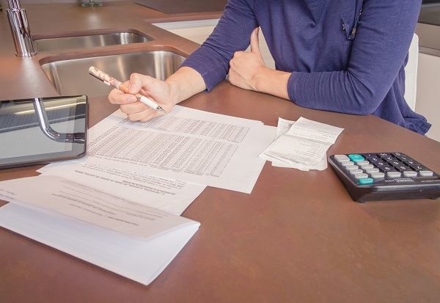Receiving a Bankruptcy Discharge Order from the bankruptcy court is the goal when you file for bankruptcy.
A bankruptcy discharge is a court order that releases you from personal liability on certain debts. You are no longer legally required to pay back any debts that are part of your bankruptcy discharge. Further, the creditors of discharged debts can never legally attempt to collect payment on those debts.
Discharge Does Not Apply to All Debts
Bankruptcy discharge applies to unsecured debts, which includes credit cards, medical debts, personal loans, and other consumer debts.
Bankruptcy discharge does not apply to debts that are deemed nondischargeable by the Bankruptcy Code. Debts that are nondischargeable are not erased by bankruptcy, and you are still liable to pay them back even after successfully filing for bankruptcy. Nondischargeable debts include student loans, some taxes, back child or spousal support, as well as some other types of debt.
When you hire us to help you file for bankruptcy, we will review your specific situation and make sure you know which of your debts will be erased by your bankruptcy.
Discharge Erases Personal Liability Only
It is important to understand that bankruptcy discharge applies to personal liability only. This matters in regard to any of your secured debts. Secured debts are those backed by collateral, such as a home mortgage or car loan.
To illustrate why this matters, consider the following example:
Say you have a secured car loan. If you fail to make your payments on the car loan, the creditor has the right to repossess the car. In the absence of a reaffirmation agreement, after receiving your bankruptcy discharge you would no longer be personally liable to pay back the debt on the car, but if you fail to make your monthly payments the creditor retains the right to repossess the car.
Discharge is Granted at The End of the Bankruptcy Case
The Bankruptcy Discharge Order is issued from the Bankruptcy Court at the end of a successful bankruptcy case.
The timing of when discharge is granted depends on which chapter of bankruptcy you file. If you file for Chapter 7 bankruptcy you will be granted discharge after the time has tolled for your bankruptcy trustee and creditors to object to discharge. In a Chapter 7 you can typically expect a discharge 4 to 6 months after the date your case is filed. If you file for Chapter 13 bankruptcy you will be granted discharge after you have made all payments under your repayment plan.
Creditors Must Cease All Collection Action Even Before Discharge
During the time you are awaiting your bankruptcy discharge your creditors are not allowed to attempt any collection action against you. All collection activity must stop as soon as your bankruptcy case is filed. Read our articles here and here on the power of bankruptcy to stop all collection action.
Here at the Law Offices of Barbara B. Braziel we make sure you understand the benefits of bankruptcy and how filing with affect you and your family. We take the time to explain the bankruptcy process to our clients. We invite you learn more about our firm here and come meet with us for a free no-obligation consultation.
Reach out to us by email at info@BrazielLaw.com or call (833) 522-1069.
We are a debt relief agency. We help people file for bankruptcy relief under the U.S. Bankruptcy Code.
The post The Bankruptcy Discharge Order appeared first on Braziel Law.

